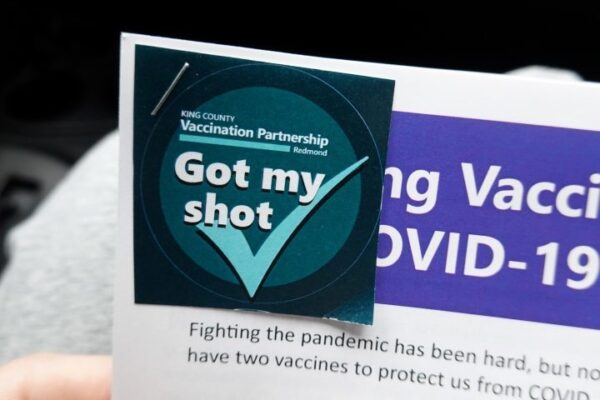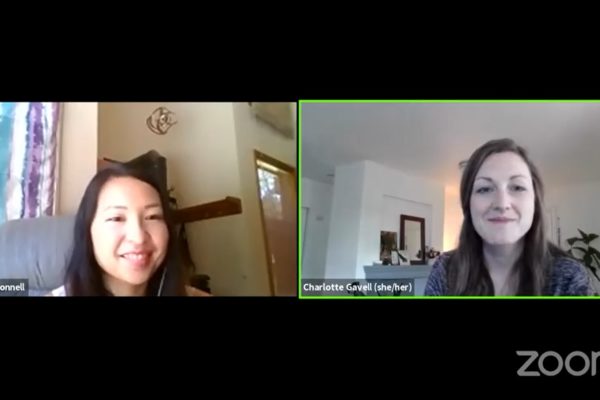Help For All During COVID-19
Juan Carlos was happily working at a seafood restaurant in White Center in early March, but his whole world collapsed when the coronavirus outbreak forced the closure of dozens of restaurants and other businesses in the region. His income disappeared in a flash.
His wife also lost her job at a different restaurant in the area. Suddenly, the parents of a 1 ½-year-old daughter had no job and no money. Like millions of people in the United States, Juan Carlos didn’t have much in savings.
“We work, but we don’t make a lot of money,” Juan Carlos said. “We live paycheck-to-paycheck, day-to-day.”
Juan Carlos said they received an eviction notice from the property manager in April because they had only paid part of the rent for their Tukwila home. His wife was frightened, he said, that they were going to end up homeless. The couple spoke to the manager about the statewide eviction moratorium, which helped, but they were still trying to figure out how to pay the rest of the rent.
Just as things were looking bleak for his family, Juan Carlos saw the news about United Way of King County’s rental assistance program, and he immediately applied.
Juan Carlos’ application was approved, and the program paid for April’s rent. While that gave him some breathing room, he’s aware that May is only weeks away. As undocumented immigrants, he and his wife can’t find jobs, and they don’t qualify for unemployment or any federal aid.
Juan Carlos said it’s been a stressful situation and added that they’ve been getting food assistance from local food banks, but he said he’s grateful to United Way because he received the aid even though his family is undocumented.
Sofia, a house cleaner and mother of two young children, said things were going well for her and her two kids, but her clients started dropping her services slowly until mid-March when she ended up with zero clients—and no income.
As an immigrant with limited English, she had a hard time trying to get help for food and rent. Local churches and other organizations helped with the food, but she still hadn’t paid her April rent.
“It has been a difficult and painful process, but it’s hard for immigrants like me. I’m so thankful that I got help. I just don’t know what I’m going to do next month.”
Sofia
She found out about United Way’s rental assistance program through her kids’ school, but she didn’t understand the application process due to the language barrier. She was able to fill out the paperwork with some help from a church, and days after the program opened, her rent was paid.
“It has been a difficult and painful process, but it’s hard for immigrants like me,” Sofia said while crying. “But I’m so thankful that I got help. I just don’t know what I’m going to do next month.”
United Way’s rental assistance program launched with a $5 million investment, but that amount could only help about 2,000 families, far fewer than the nearly 5,800 households that applied for aid before it was paused. The program will reopen if enough additional financial resources are secured, because the number of people it can help is limited by the donations from the community and public partners.
Juan Carlos and Sofia were able to get the help they needed through Wellspring Family Services, one of United Way’s partners administering the rental assistance program.
The coronavirus pandemic has exposed the racial disparities that exist in our region, and it has impacted people of color disproportionately. Many undocumented immigrants, some of whom work in restaurants, as house cleaners, and in other sectors of the service industry, keep a large part of the economy going, but they do so in the shadows.
When a crisis like the current one hits, they don’t have access to public benefits, so they rely exclusively on organizations like United Way, which purposely offers assistance regardless of immigration status.





Comments